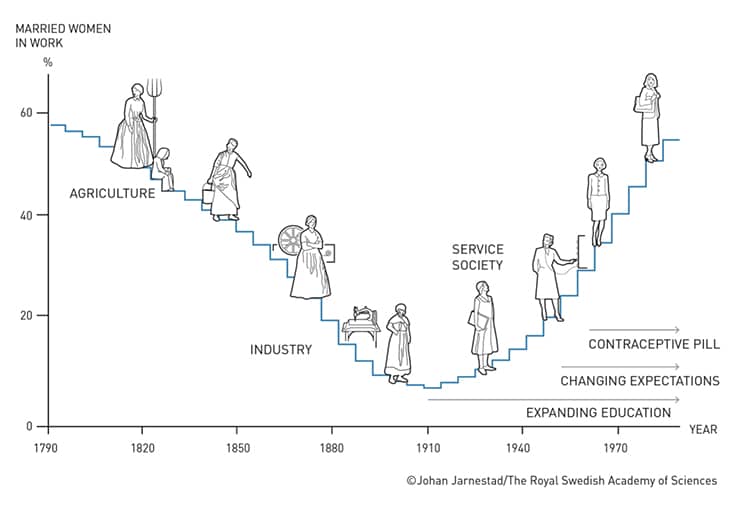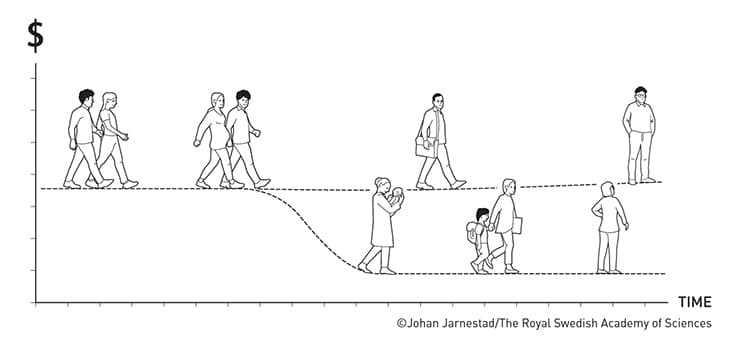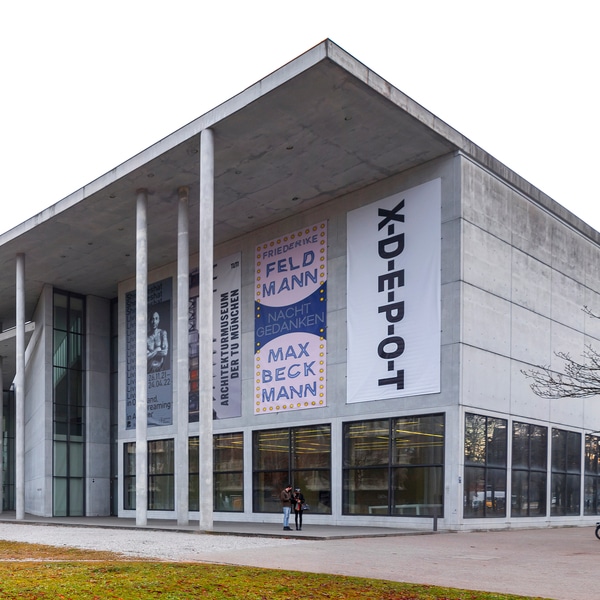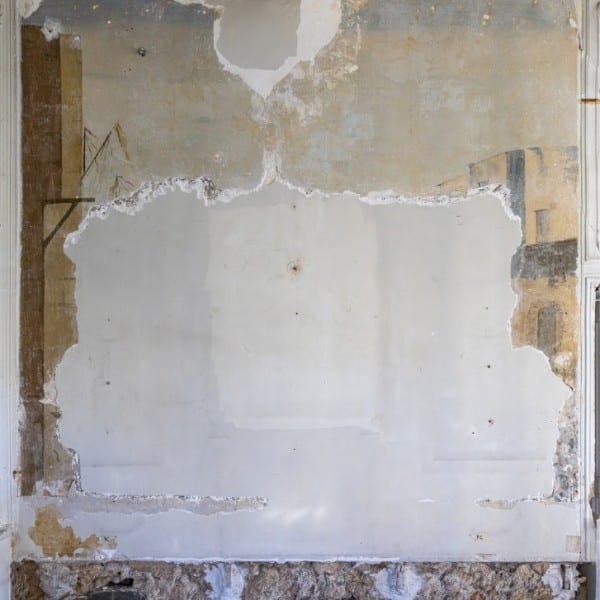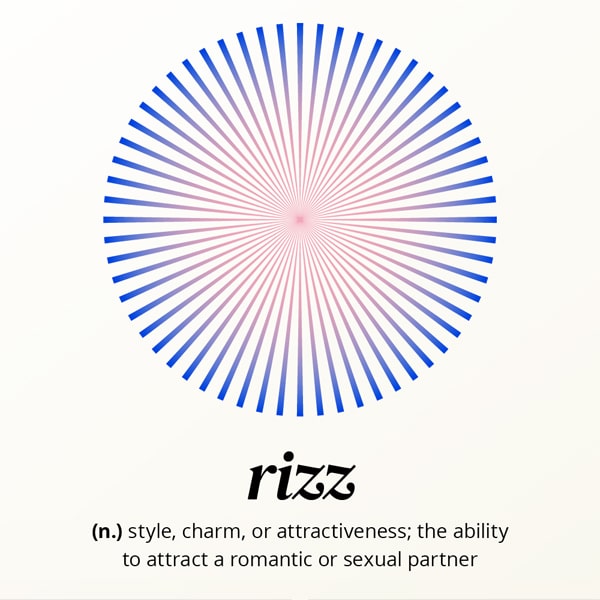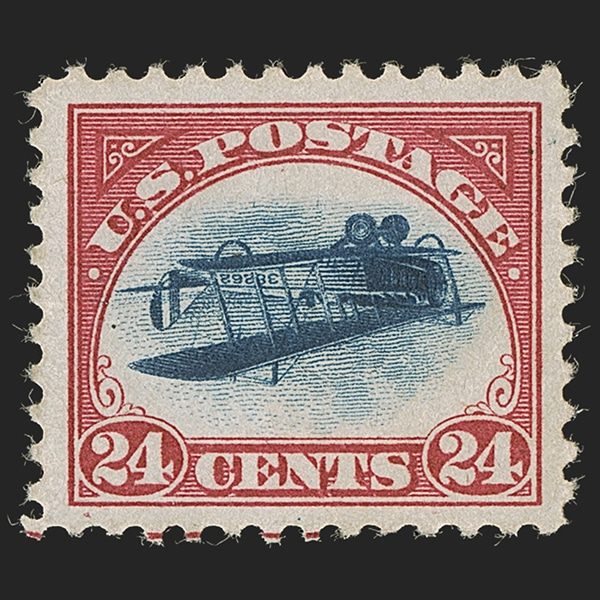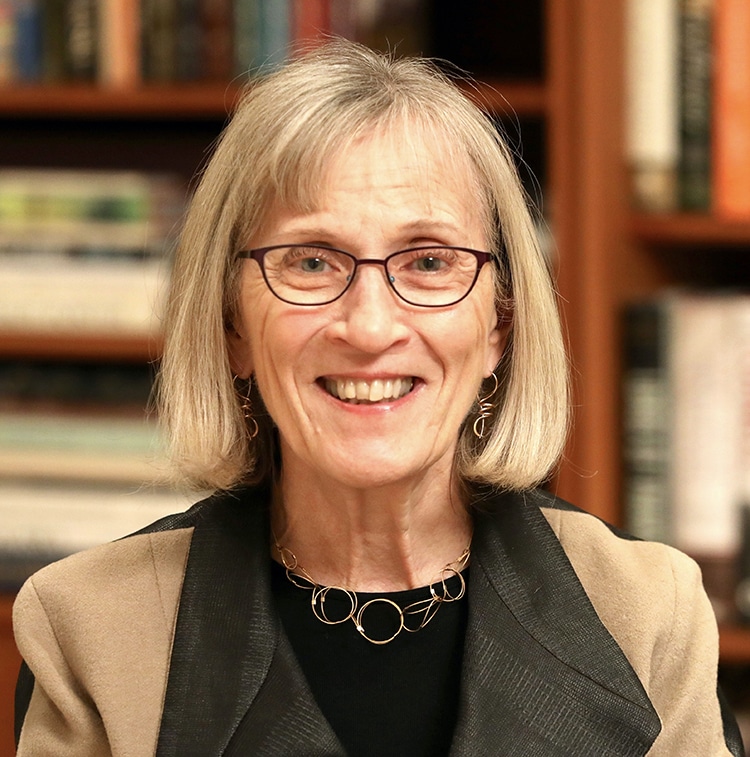
Claudia Goldin, Henry Lee Professor of Economics at Harvard University. (Photo: Editing1088 via Wikimedia Common, CC BY-SA 4.0 DEED)
Women in the workforce is often see as a modern phenomenon. But in reality, women have been active—though deeply undervalued and underpaid—participants in global economies of labor for centuries. Levels of participation have fluctuated with technological and social change, but true equality with men still remains elusive. For her groundbreaking work in documenting and revising the history of women's labor, Harvard professor Claudia Goldin won the Sveriges Riksbank Prize in Economic Sciences in Memory of Alfred Nobel 2023. More colloquially known as the Nobel Prize in Economics, the legendary award is given this year to Goldin “for having advanced our understanding of women’s labor market outcomes.”
Goldin received her PhD in 1972 from the University of Chicago. She began teaching immediately after, eventually joining the Harvard faculty in 1990. Her research over a long career has exposed the history of women's work through use of creative source material. Women are often missing from the historical record, and their labor (like many today) often went unrecognized. Goldin's work demonstrated a “U-shaped” curve of women's level of involvement in the labor market.
“The participation of married women decreased with the transition from an agrarian to an industrial society in the early 19th century, but then started to increase with the growth of the service sector in the early 20th century,” the Nobel Prize states. “Goldin explained this pattern as the result of structural change and evolving social norms regarding women’s responsibilities for home and family.” Goldin's work noted large-scale changes such as the growth of clerical work in the 10th century, which was and remains a large employer of women. Other changes were much more abrupt, such as the impact of the birth control pill which allowed women to decide their own destiny. For many, this meant a career their mothers could never dream of.
Goldin's work also examines the persistent employment gap between men and women, finding that despite equal education, it's parenthood's unequal impact that separates the sexes. Workplace practices such as family leave may help to close the gap. According to the Nobel committee, Goldin's work exposes reasons behind the pay gap too: “Part of the explanation is that educational decisions, which impact a lifetime of career opportunities, are made at a relatively young age. If the expectations of young women are formed by the experiences of previous generations—for instance, their mothers, who did not go back to work until the children had grown up—then development will be slow.”
Even though some of Goldin's work is historical, it provides a clear context for solving a continuing problem—the devaluation and exclusion of women from the workplace.
Economics professor Claudia Goldin won the 2023 Nobel Prize in the Economic Sciences for her work on women's roles in labor markets and the gender pay gap.
h/t: [Science]
Related Articles:
10 Fearless Women From History Who Fought for a Better Future
Developers of COVID-19 mRNA Vaccine Technology Win Nobel Prize
Watch Nobel Prize Winner Drew Weissman Call His Parents To Tell Them He Won
Who Was Marie Curie? Learn More About This Pioneering Nobel Prize Winner
